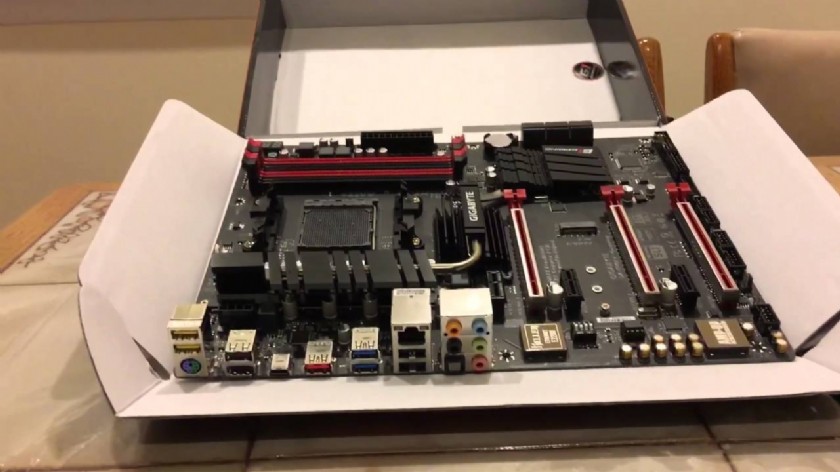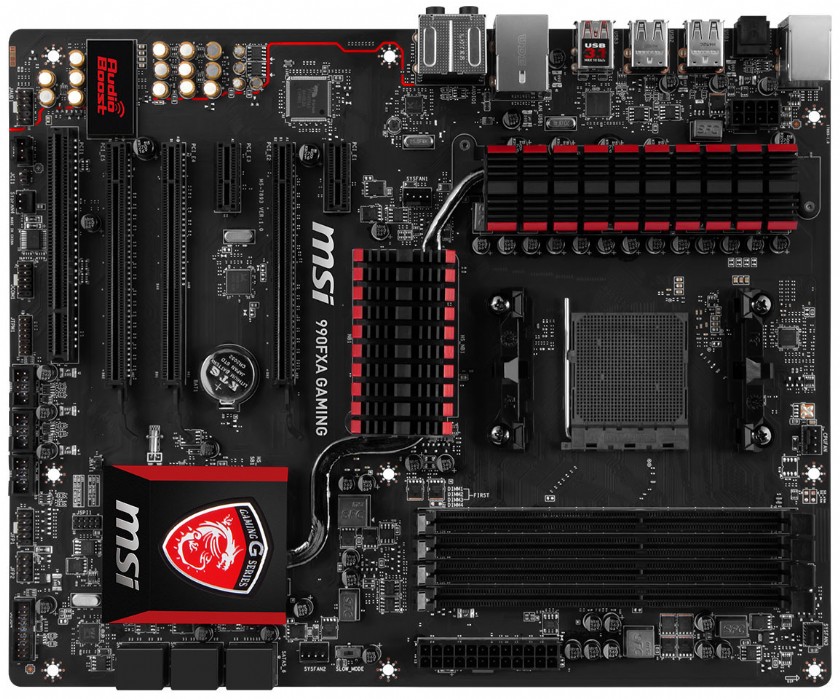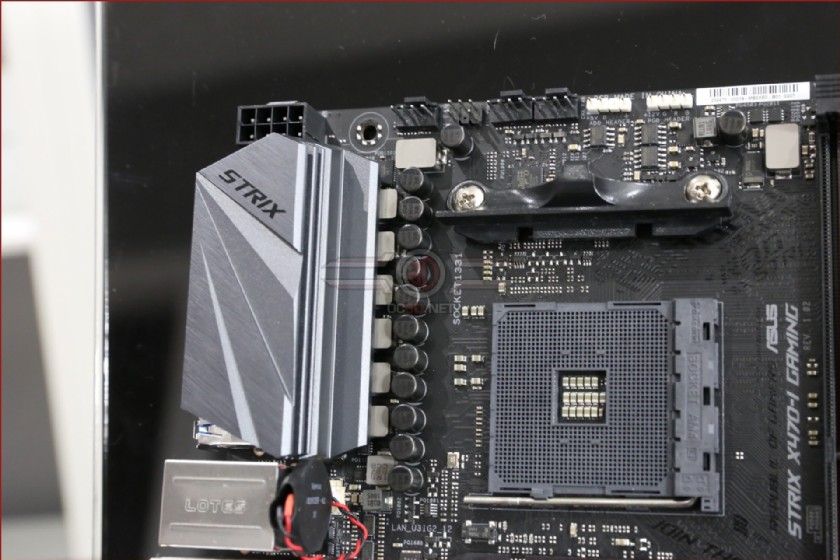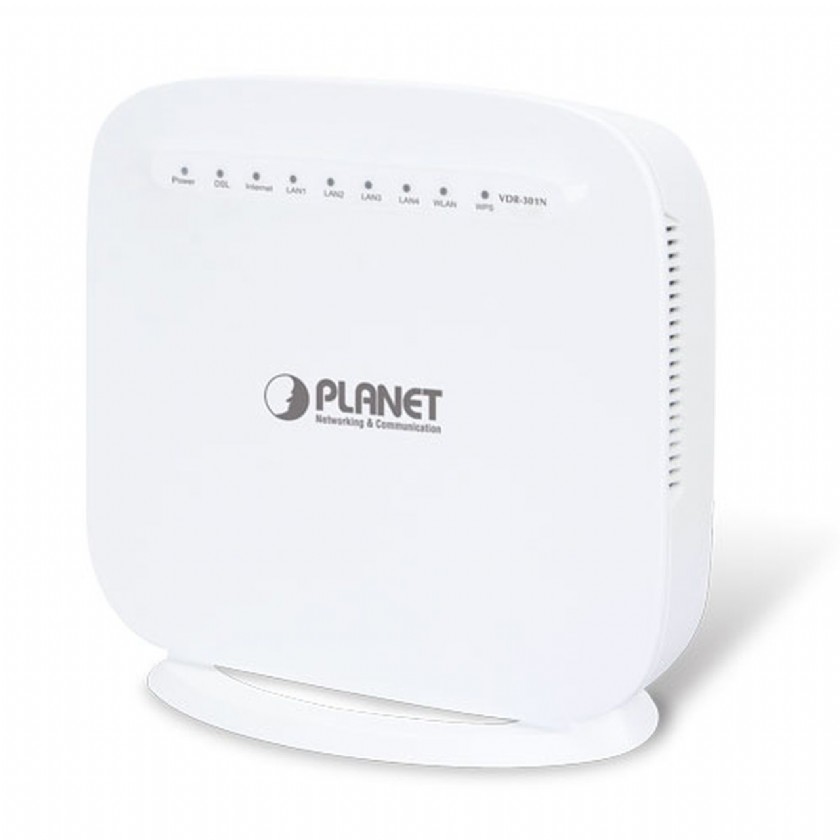Hayden Baker wrote about "thermal management in bios" (Saturday, December 9, 2023)
Thermal Management in Bios
Thermal Management in Bios
Thermal management plays a vital role in ensuring the efficient and reliable operation of computers, including the Basic Input/Output System (BIOS). The BIOS is a firmware that initializes hardware components, establishes communication between the operating system and hardware, and provides a set of low-level routines. As such, it generates heat, which must be effectively managed to prevent overheating and system failure.
Heat is primarily generated by the central processing unit (CPU), graphics processing unit (GPU), and other computer components during their operation. In the case of the BIOS, heat generation is relatively low compared to these major components. However, this doesn't mean that thermal management is any less important for the BIOS.
To regulate temperature levels, BIOS manufacturers implement various thermal management techniques in their firmware. These techniques involve controlling fan speeds, monitoring temperature sensors, and adjusting voltage and clock frequencies. These actions help maintain optimal thermal conditions for the BIOS, ensuring its stable and reliable operation.
Controlling the fan speed is an effective method of thermal management. The BIOS can adjust the fan speed based on the temperature readings obtained from the sensors. As temperatures rise, the fan speed increases to dissipate heat generated by the system. Conversely, when temperatures are low, the fan speed can be reduced to conserve energy and minimize noise.
Temperature sensors are integrated into the motherboard and sometimes within the CPU itself. The BIOS regularly monitors these sensors to detect any temperature abnormalities. If the temperature exceeds a predefined threshold, the BIOS can take proactive measures to prevent overheating. This may include increasing the fan speed or even shutting down the system to avoid hardware damage.
Voltage and clock frequency adjustments are also part of thermal management in BIOS. By reducing voltage and clock speeds during idle or low-demand periods, the BIOS minimizes heat generation and power consumption. These adjustments help maintain thermal balance while improving energy efficiency.
Furthermore, efficient thermal design in the BIOS involves considerations such as proper placement of components and adequate heat dissipation mechanisms. These measures ensure effective heat transfer and prevent the accumulation of heat in critical areas, thus safeguarding the overall stability and performance of the system.
In conclusion, thermal management in BIOS is crucial for maintaining optimal temperature levels, preventing overheating, and ensuring system stability. Through techniques like fan speed control, temperature monitoring, voltage adjustments, and thermal design, the BIOS manages heat effectively to provide a reliable computing environment. By implementing these measures, computer manufacturers can enhance the lifespan and performance of systems, contributing to a more efficient and durable computing experience for users.
Danelea wrote about "thermal management in bios" (Saturday, December 9, 2023)
Thermal Management in Bios
Thermal Management in Bios
Thermal management plays a crucial role in ensuring the longevity and performance of computer systems, including the basic input/output system (BIOS). The BIOS initializes and controls hardware components, making it responsible for essential system functions.
Modern BIOS designs have integrated features and protocols to address thermal management effectively. These features aim to mitigate potential issues caused by excessive heat buildup, such as system instability, reduced performance, and even component failures.
Importance of Thermal Management in BIOS
Thermal management in BIOS is vital as it safeguards critical components within a computer system. The central processing unit (CPU), graphics processing unit (GPU), chipset, and other integrated circuits generate heat during operation. If not properly managed, this heat can lead to various problems.
One significant aspect of thermal management is maintaining optimal operating temperatures. When the temperature exceeds safe limits, the system can suffer from reduced performance or sudden shutdowns due to thermal protection mechanisms triggered in the BIOS. This is known as thermal throttling, which aims to protect sensitive hardware from damage.
BIOS Features for Thermal Management
To effectively manage thermal issues, BIOS firmware integrates several features:
Temperature Monitoring
Modern BIOS versions provide temperature monitoring capabilities, allowing users to check real-time temperatures of various components. This helps in identifying potential hotspots and ensures that the system remains within safe temperature limits.
Automatic Fan Control
BIOS allows users to configure automatic fan control profiles based on temperature thresholds. This enables dynamic adjustments of fan speeds to regulate airflow and dissipate heat efficiently. The fans can operate in different modes, such as silent, performance, or balanced, depending on user preferences and thermal requirements.
Smart Cooling Mechanisms
In BIOS, intelligent algorithms govern cooling mechanisms, ensuring efficient heat dissipation. These algorithms analyze temperature data and adjust fan speeds accordingly, optimizing thermal management without compromising performance.
Thermal Event Control
BIOS monitors temperature variations and can generate alerts or even shut down the system in case of excessive or critical temperatures. By implementing such protective measures, it prevents permanent damage to hardware components.
Importance of Regular BIOS Updates
It is crucial to update BIOS firmware regularly to benefit from the latest thermal management improvements. Many BIOS updates include bug fixes, performance enhancements, and optimized cooling mechanisms that can significantly improve overall system stability and thermal management.
When manufacturers identify potential vulnerabilities or issues related to thermal management, they release updated BIOS versions to mitigate these problems effectively. Regularly checking for and installing these updates helps ensure optimal thermal performance and minimizes the risk of overheating-related issues.
Conclusion
Thermal management is an essential aspect of BIOS functionality. Firmware integrated with features such as temperature monitoring, automatic fan control, smart cooling mechanisms, and thermal event control helps maintain optimal operating temperatures and prevent potential hardware damage. Regularly updating BIOS firmware ensures the system benefits from the latest advancements in thermal management, resulting in improved system stability and longevity.


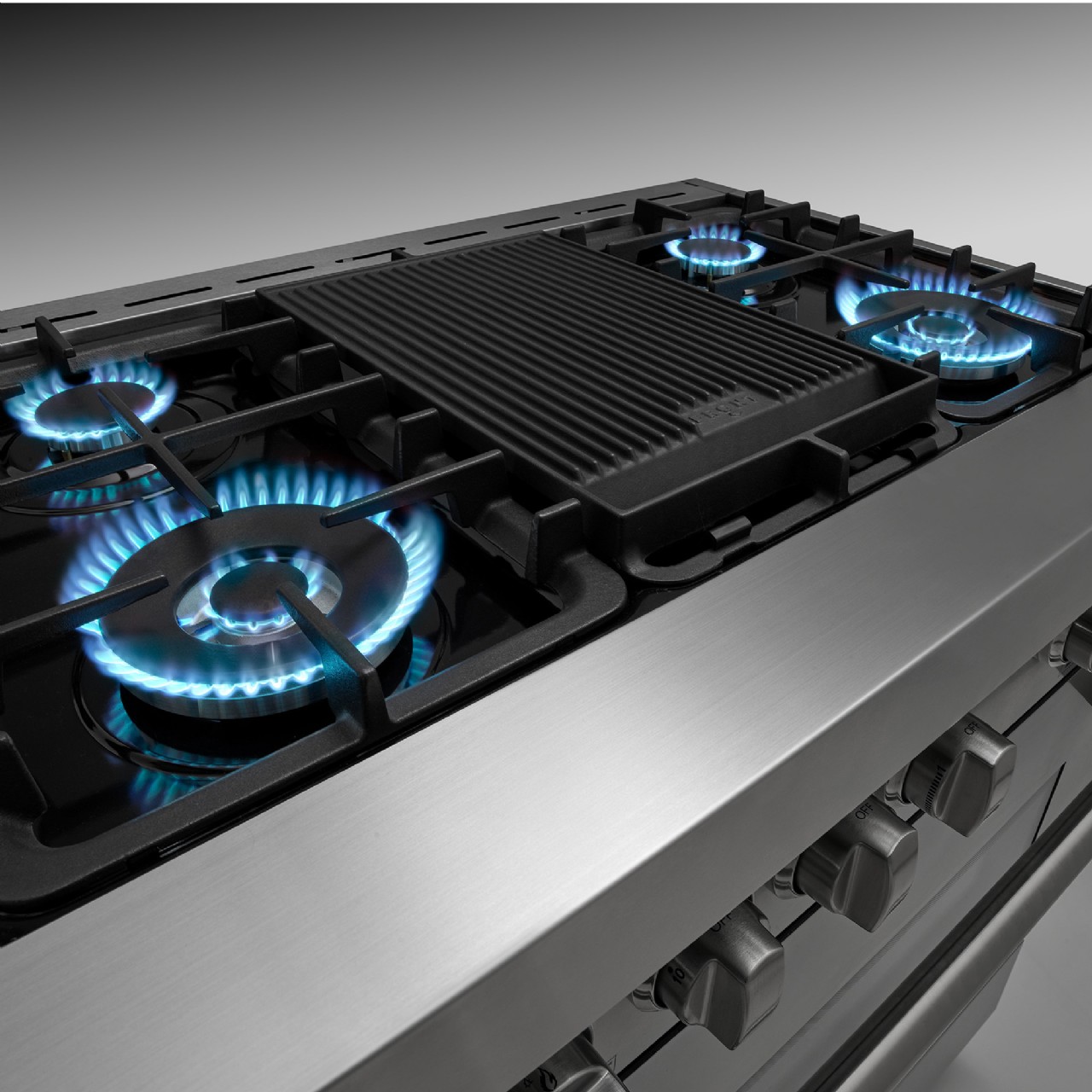
 62
62